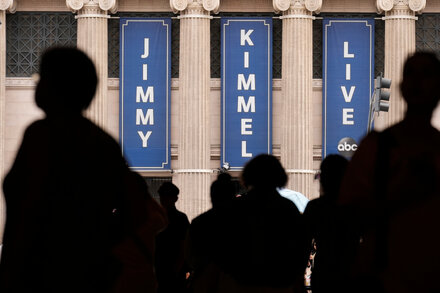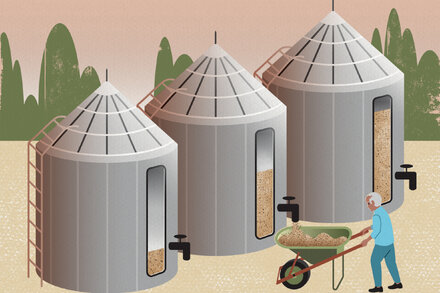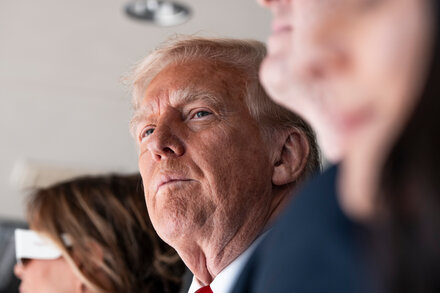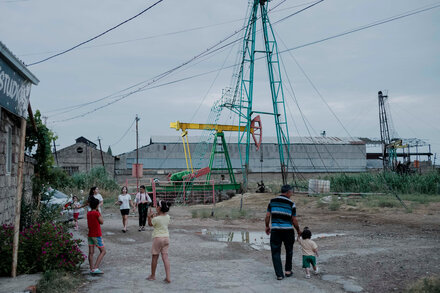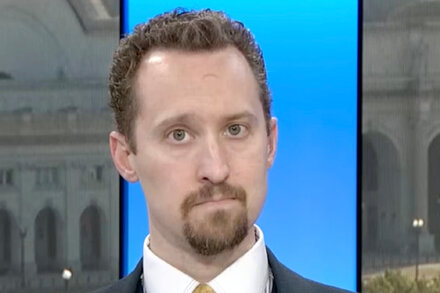New trade policies targeting Brazilian coffee imports could lead to significant price increases for consumers worldwide, potentially making a daily cup of coffee more expensive. Proposals to impose tariffs on coffee beans from Brazil, the world’s largest coffee producer, are drawing concern from industry analysts and consumer advocates.
Brazil accounts for approximately one-third of global coffee production, with its arabica and robusta beans forming the backbone of many popular blends and single-origin offerings. Any measure that adds to the cost of importing Brazilian coffee is expected to ripple through the supply chain, from roasters to retail shelves.
Industry experts suggest that tariffs would directly inflate the cost of green coffee beans for importers and roasters. These increased costs are almost inevitably passed on to consumers, leading to higher prices for ground coffee, whole beans, and even prepared coffee beverages in cafes.
“Imposing tariffs on Brazilian coffee would be akin to putting a tax on the morning ritual of millions,” said Dr. Eleanor Vance, a commodity market analyst. “Given Brazil’s sheer volume in the global supply, it’s not simply a matter of switching to another source without considerable price adjustments. The market is too reliant on their output.”
The potential price hike comes at a time when global food commodity prices have experienced volatility due to various economic and geopolitical factors. Coffee, a widely consumed beverage, is particularly sensitive to supply disruptions or trade barriers in major producing nations.
Consumer Impact and Industry Adaptation
For the average coffee drinker, the “headache” could manifest in higher grocery bills and more expensive trips to coffee shops. While some consumers might switch to cheaper brands or reduce consumption, the inelastic demand for coffee among many could mean absorbing the increased costs.
“Every extra cent on a cup of coffee adds up, especially for households already managing tight budgets,” commented Maria Rodriguez, a spokesperson for the Consumer Advocacy Group. “Policymakers need to weigh the broader economic impact on everyday citizens against the intended goals of such tariffs.”
Coffee roasters and distributors would face the challenge of either absorbing higher input costs, passing them on to consumers, or seeking alternative, potentially more expensive, sources of coffee from other producing countries like Vietnam, Colombia, or Ethiopia. However, the scale of Brazilian production makes it difficult to fully compensate for its volume without significant market disruption.
The precise details of any proposed tariffs, including their rate and scope, would determine the extent of the impact. Nevertheless, the prospect has already prompted discussions within the coffee industry about strategies to mitigate potential financial burdens and maintain stable supply chains.
Source: Read the original article here.
